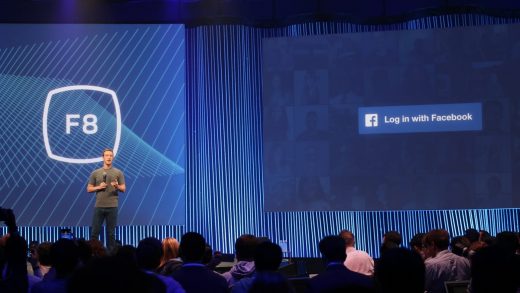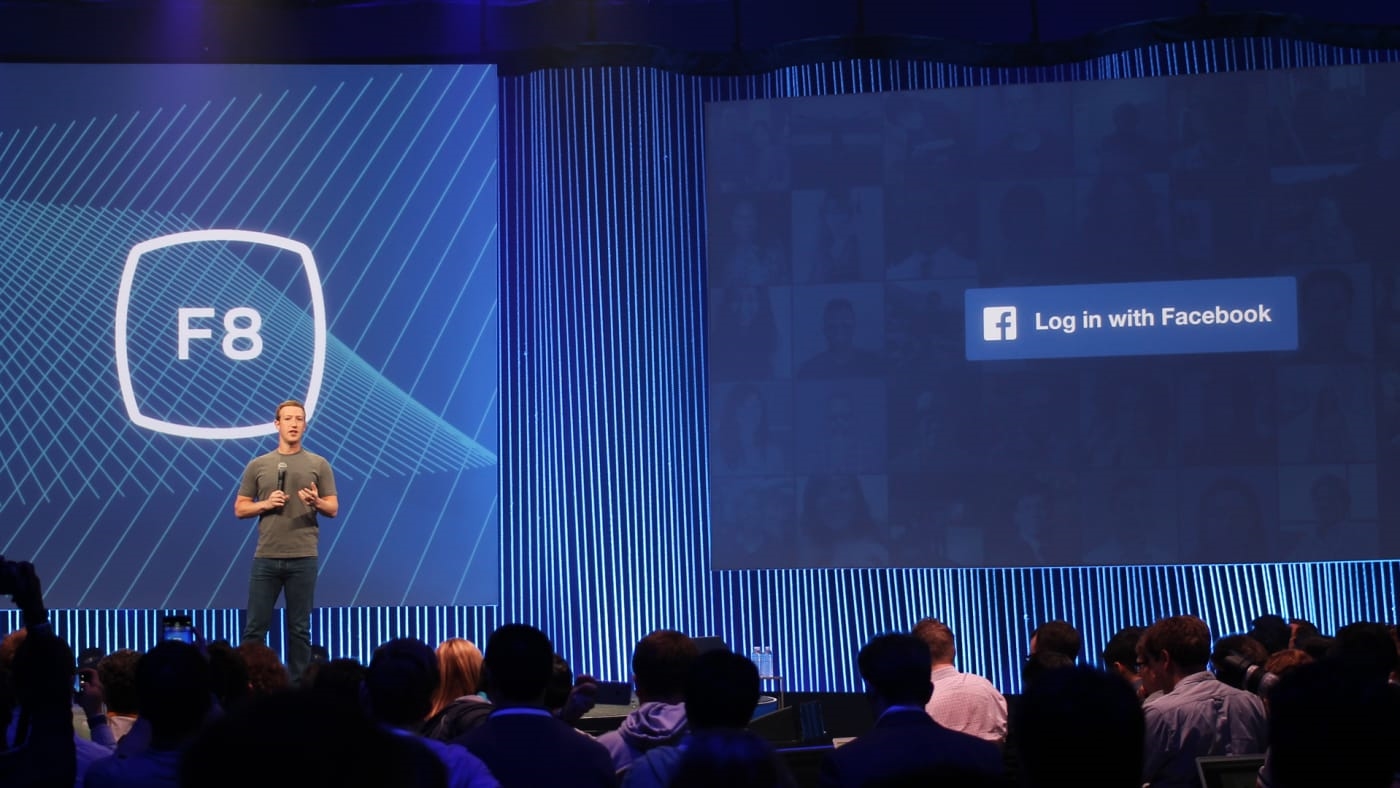A Pre-Scandal Mark Zuckerberg Said Users Trusted Facebook To Protect Their Privacy
Last summer, months before Mark Zuckerberg was feeling the intense pressure of the Cambridge Analytica data scandal, the Facebook CEO said he knew his site’s users cherish their privacy, and he expected his company to safeguard their personal information. In an overheated trailer in Chicago, Zuckerberg sat down for an interview with Stephen Dubner of Freakonomics Radio. The outlet is publishing the interview today for the first time and provided a full transcript to Fast Company.
Much of what Zuckerberg said was in the realm of social science or economics, but he did demonstrate that he understood his users’ belief that Facebook would take care of them. It’s not clear when Freakonomics originally planned on letting the world hear the interview, but given the serious backlash against Facebook since the public learned that a Trump-connected firm harvested the data of millions of users, there’s a bit of irony in hearing Zuckerberg speak about privacy during what was clearly a more innocent time for him and his company.
“Privacy is extremely important,” Zuckerberg told Dubner, “and people engage and share their content [on Facebook] and feel free to connect because they know that their privacy is going to be protected.”
Whether Zuckerberg was being naive at the time, or disingenuous, is hard to say. At the time of the Freakonomics interview, word had yet to come out that Facebook was being exploited by Russians who bought election ads during the 2016 presidential campaign. Although Zuckerberg had already been forced to backtrack from his initial post-election statement that people hadn’t used Facebook to try to influence the outcome, the summer of last year was a much more innocent time in Menlo Park.
The interview followed a Facebook Groups event in Chicago, and Zuck wanted to talk about community, and how important it is for a stable society. “I think it’s really important that people have one or two or three communities in their lives that they really care about,” he said. “And I think when you have the absence of that, that can lead to real social issues–individually and then for society overall.”
Technology amplifies natural human capabilities, Zuckerberg said, before noting that people need to be willing to engage with ideas they don’t agree with, lest we fall victim to confirmation bias. He said he saw Facebook as an ideal platform for enabling that flow of ideas. That is particularly true, he implied, because the platform made it possible for people to establish something they had in common with someone else before engaging in debate.
“A lot of what I think social networks can do well are, first, you connect over something that you have in common,” he said. “So you recognize that the other person is a person.”
When I Ruled The World
With Facebook mired in controversy right now, it’s hard to see what role the platform can play in fixing some of the ills of society. But last summer, privacy scandals weren’t yet on Zuckerberg’s mind. And he told Dubner that he believed there are few institutions in the world better able to help build community at scale than Facebook.
He later added: “Another dynamic that’s interesting is that sometimes the balance of what people want shifts over time, and that enables opportunities to do more in one direction or the other, that wouldn’t have made sense before.”
Surely, Zuckerberg wasn’t talking about shifting perceptions about Facebook in the wake of its mounting controversies. But in a way, he’s right: The community, now up in arms about privacy concerns, is demanding that the company do more to safeguard personal data.
And Facebook has been responding–admittedly, often slowly and not entirely to the community’s satisfaction–by making changes to its policies and changing the way it handles privacy. Whether those changes can satisfy users, regulators, and investors remains to be seen.
Dubner closed his interview by asking Zuckerberg what he’d be doing today if he hadn’t started Facebook. Interestingly, for someone who seeks to change the world, he indicated that the answer to that question changes over time. In 2004, he noted, when he was starting Facebook, the thing to do was build a website for social networking. In 2011, it would have been to build a mobile social networking app.
And he could not have been more on point about what someone would want to build today–even if he couldn’t have understood the irony when he said it. “Now I think one of the most important things that you do,” Zuckerberg said, “is build tools for more private communications.”
(31)



